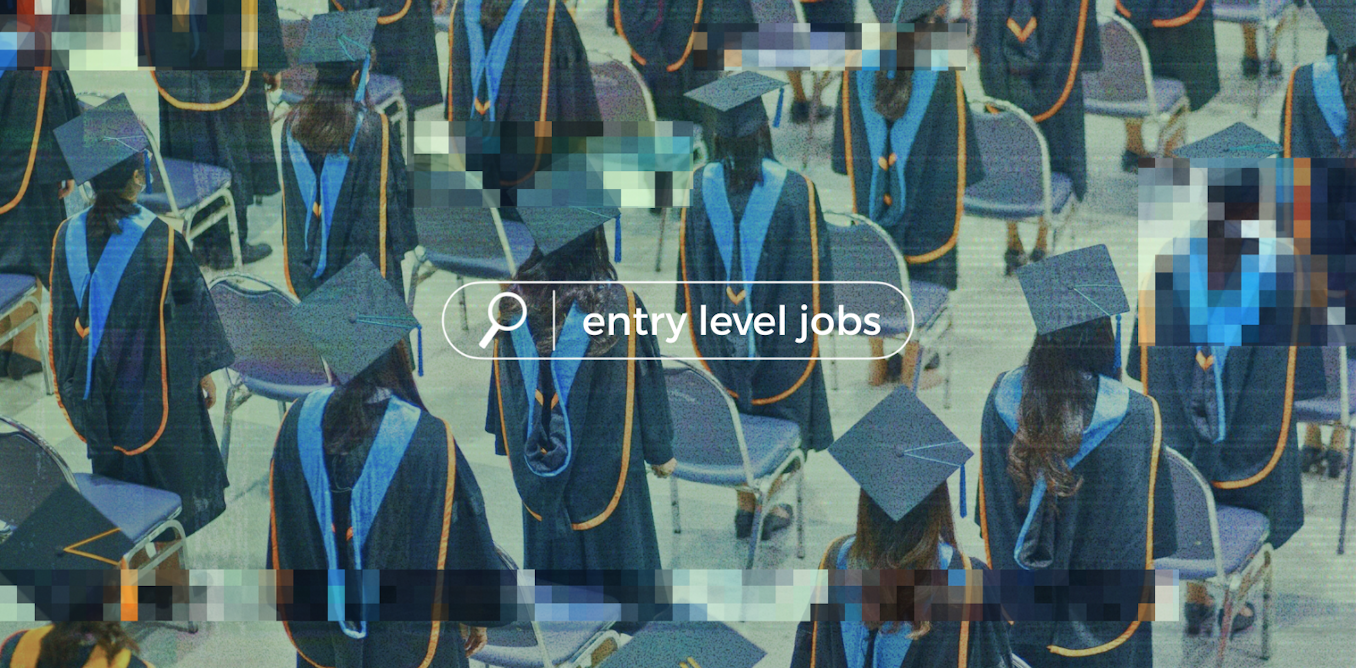The Impact of AI on Career Paths and Social Mobility
Once considered a guaranteed ticket to high-paying jobs and social mobility, a university degree now faces uncertainty in the age of artificial intelligence (AI). With AI poised to revolutionize the labor market, students and recent graduates are left wondering about the future of their chosen careers.
The Uncertainty of Choosing a Career in an AI-Driven World
How does one select a major or career when the jobs of the future are unclear? Dario Amodei, CEO of Anthropic, predicts AI could eliminate half of all entry-level white-collar jobs in the next five years. While the extent of AI's impact is still debated, the need to prepare young people for an AI-driven world is undeniable.
The Changing Landscape of Entry-Level Roles
Traditionally, entry-level roles in white-collar careers involved tasks like data entry and basic analysis, serving as a rite of passage and training ground. However, these tasks are now at risk of being automated by AI, raising concerns about the future of these critical early career stages.
Automation vs. Augmentation: The Dual Faces of AI
AI's impact can be categorized into automation, which replaces jobs, and augmentation, which enhances worker output. Studies suggest that low-skilled occupations may suffer from automation, while high-skilled roles could benefit from augmentation, potentially widening wage inequality.
Historical Context and Future Strategies
Technological advancements have always transformed the workforce, but AI's rapid and broad cognitive capabilities present unique challenges. Preparing for an AI-driven future involves focusing on industries less susceptible to automation, such as healthcare and creative arts, and enhancing on-the-job training and career learning.
Collective Action for an AI-Ready Workforce
Students, educators, employers, and policymakers must collaborate to ensure equal access to technology, promote AI's developmental use, and foster critical reflection on its ethical and social impacts. Investing in AI-focused internships and upskilling is crucial for bridging the gap between education and the evolving job market.



Comments
Join Our Community
Sign up to share your thoughts, engage with others, and become part of our growing community.
No comments yet
Be the first to share your thoughts and start the conversation!